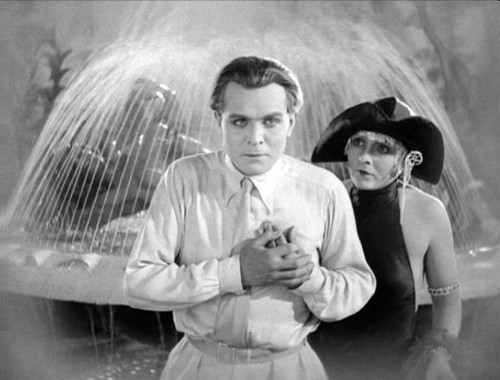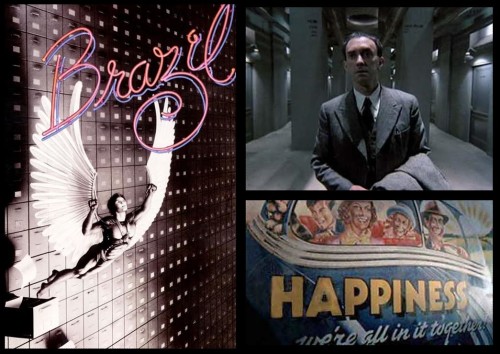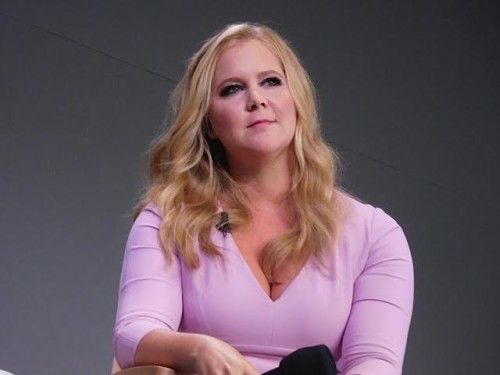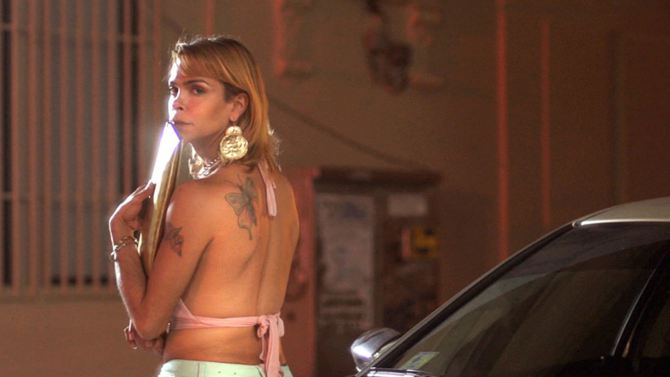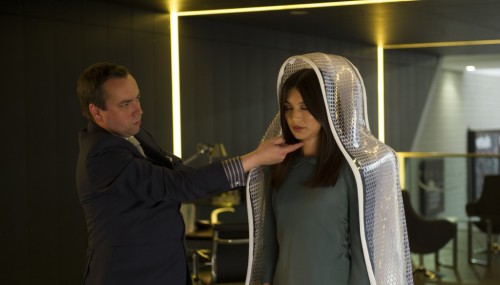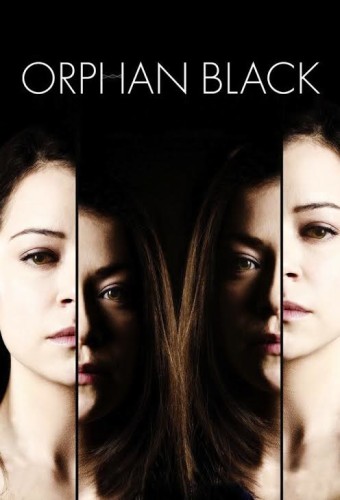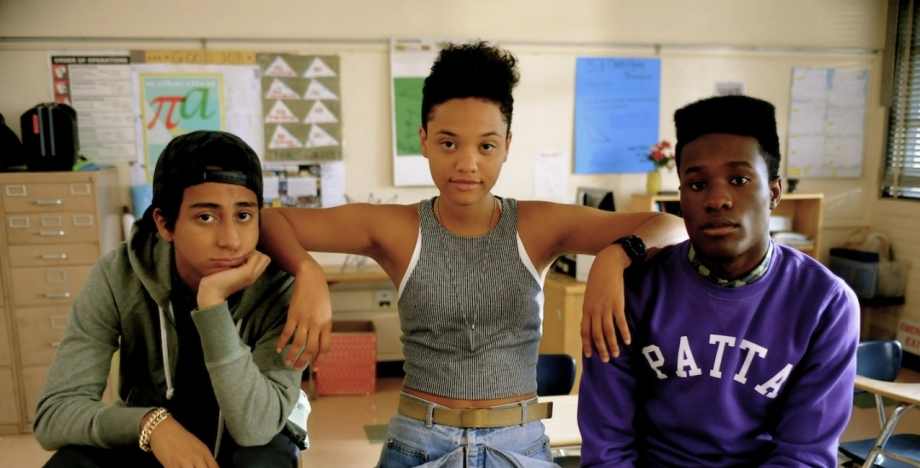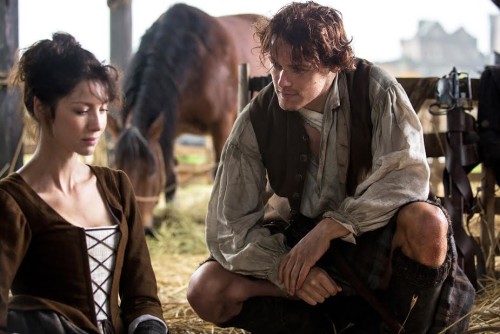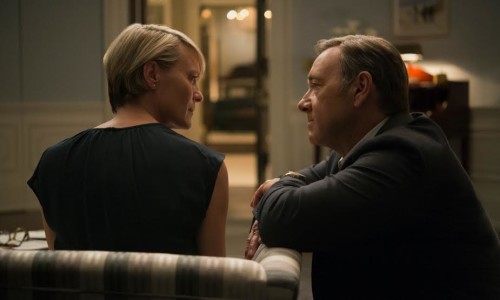She’s gotten into hot water for political or cultural reasons because of some of her jokes recently:
As I’ve been having more eyes and ears on me, I realize that I have more of a responsibility. Even like a musician gets bigger, like, little girls look up to you; you can’t be showing your asshole at an awards show. They’re like, “No, it’s not my fault they look up to me!” I’m like, okay, people are listening to me, and my words might hold weight for some people, so I’m not going to do that stuff anymore. I haven’t done jokes like that for a couple years.
